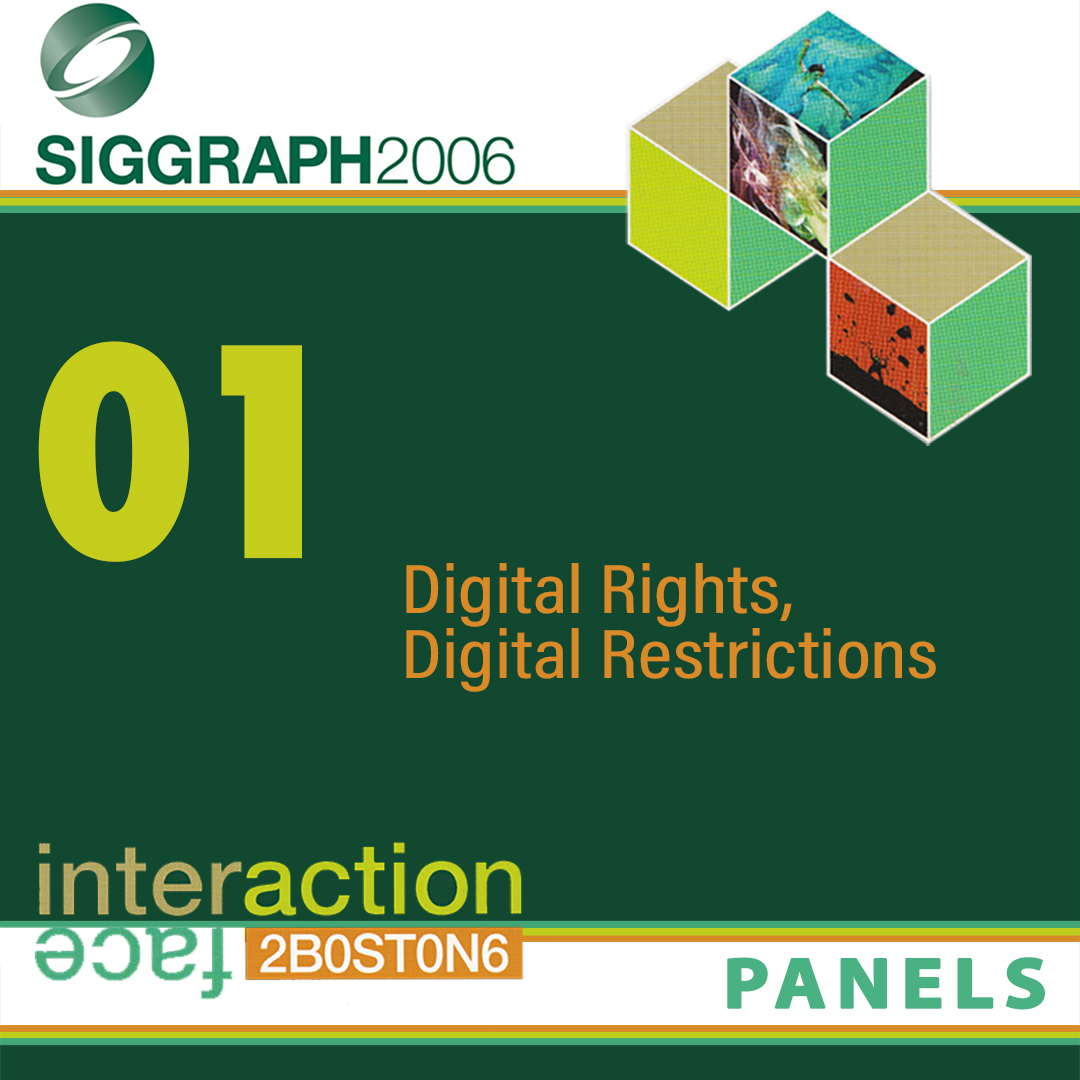“Digital Rights, Digital Restrictions” by Ryang, Sandler, Singer and Townsend
Conference:
Type(s):
Title:
- Digital Rights, Digital Restrictions
Presenter(s)/Author(s):
Entry Number:
- 01
Abstract:
The internet, with its widening bandwidth and accelerating speed, allows people throughout the world to exchange immense amounts of digital information. Not only can people share their home movies. They can also share movies that they didn’t make and didn’t even pay for. Music companies and movie studios have tried to clamp down on piracy with laws like the Digital Millennium Copyright Act (DMCA) and lawsuits against people they believe are stealing their products.
When DJ Danger Mouse released “The Grey Album” (a remix of Jay-Z’s “The Black Album” and The Beatles’ “The White Album”) on the web, sites that distributed the music received a cease-and-desist notice from EMI. Then Sony joined in with Digital Millennium Copyright Act (DMCA) takedown notices. Is this sort of mashup legal? Should it be? Is the DMCA the correct way to protect art? Is restricting the creativity of artists justified when the art of others is involved?
Hardware and software manufacturers, working with movie studios, record studios, and other content providers, are releasing systems with Digital Rights Management (DRM). These products limit how and when content (text, audio, and video) can be viewed and copied. Is DRM a reasonable response to corporate concerns about piracy and mashing? Is restricting the customer’s ability to play a movie using a nonDRM player, television, or stereo a fair move to prevent theft? Will everyone be forced to upgrade to see next year’s movies?
Some companies are trying a more active approach: Sony recently added copy-protection software on some of their audio CDs. This “rootkit” software installs itself without telling the user, hides its own contents, and examines what other programs are running on the computer. Is unannounced software installation reasonable? If the software is sending information across the internet to another party, is that reasonable? Where is the line drawn, and who gets to draw it?





